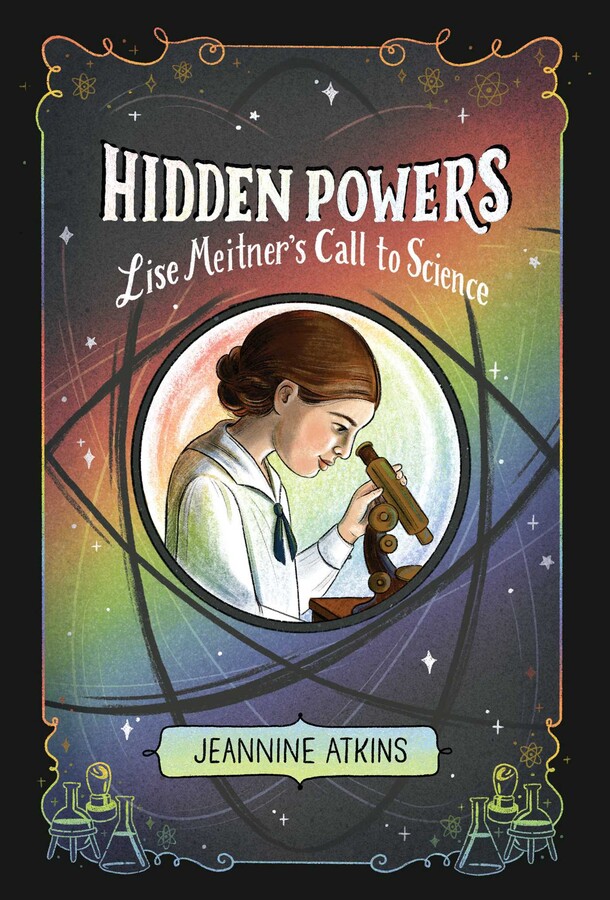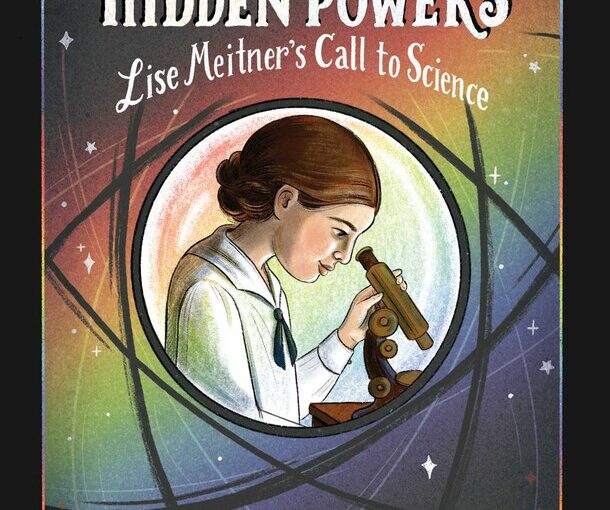Imagine that you love pizza. Granted that’s not a stretch for most people, but let’s establish the fact that you love pizza. Now, you’re given something that has all of the ingredients of pizza, but it’s not circular or square, it’s a rhombus or some other rogue shape that shakes up your otherwise perfect pizza senses. You eat this oddly shaped thing and it tastes great. Then you find out that the crust is made of cauliflower, but it’s great so you keep on eating it. At the end of the pizza, you’re rethinking shapes that previously couldn’t possibly be that greasy wheel that you love so much and are thinking of different shaped food that you could enjoy.

While that qualifies as our longest introduction ever, and thanks for hanging in there BTW, it’s appropriate for Hidden Powers. Yeah, I saw Hidden Powers, the film about the African-American NASA employees who recalculated the figures so that John Glenn could launch the Mercury-Atlas 6 in 1962. No, that was Hidden Figures, which was an awesome movie and an equally fabulous book by Margot Lee Shetterly.
Hidden Powers, Lise Meitner’s Call to Science is by Jeannine Atkins. It examines the life of Meitner, who was a Jewish physicist living in Germany since WWI, and her complex relationship with the country and her profession. If that subject sounds familiar it’s because Marissa Moss wrote a book on her that will probably land on many Top 10 lists for 2022.
Atkins’ book, Hidden Powers, is as great as Moss’, but it’s so very different. You see, Hidden Powers, Lise Meitner’s Call to Science is written in verse. Wait, so it’s a long-form poem; that tells the story of one of the greatest scientists in the 20th Century? Well, when you put it that way, yes, Hidden Powers is a really long poem, but hear me out, and I say this as someone who can use poetry as a substitute for melatonin, it’s an amazing book.
So, 355 words later, we finally get to the punch line. Hidden Powers is unlike any book we’ve ever seen, and had it been presented to us as approximately 125 short poems about a scientist’s life we would’ve avoided it like a Covid positive neighbor who wants to get together for drinks. In a way it’s the two characters from Throw Mamma From the Train, both Billy Crystal and Danny DiVito have written excellent books, one is just from a very different perspective.
Hidden Powers won’t be for every reader, simply due to its presentation. However, I could easily see advanced fifth-grade classes using the book as a read-along in class. The poems are short, with most of them only being a page and a half. As you get into the book, readers will realize that the sums of these short poems are greater than their parts. They detail specific instances or times in Meitner’s life when she was dealing with being the only woman in the lab, being looked over for her accomplishments, being in fear of the Nazis, going to the United States, and her time after her landmark work in nuclear fission.
Obviously, that’s a large breadth of time, emotion, and political inferences that have to be dealt with. Even if you’re not familiar with Meitner’s life or accomplishments the book effortlessly sets up the times and scenes. The poems play out like a hundred or so vignettes that establish the major points, while the poetic nature allows the reader’s imagination to fill in the blanks. Much like books are better than most movies that they’re inspired by. It’s the fact that you are seeing, imagining, and thinking about what’s happened, and what could happen next, that makes the book play out with dread, tension, and hope, that wouldn’t be afforded if it were presented in a more typical manner.
Author Jeannine Atkins addresses how she created the book in some of the liner notes at the end. Using poetry to detail Meitner’s life really captures the drama, emotion, and life that she experienced. Having just read a narrative version of her life I knew what to expect. After reading Hidden Powers, I have a bit more inference as to how Meitner felt when she was navigating those challenging times on many different fronts. To (hopefully) tie things together to our introduction (remember that?), Hidden Powers is that decagon-shaped cauliflower pizza that you accidentally eat, but has since become something you seek out.
Hidden Powers Lise Meitner’s Call to Science is by Jeannine Atkins and available on Antheneum Books for Young Readers, an imprint of Simon & Schuster.
There are affiliate links in this post.





 Facebook
Facebook Twitter
Twitter Flickr
Flickr GooglePlus
GooglePlus Youtube
Youtube